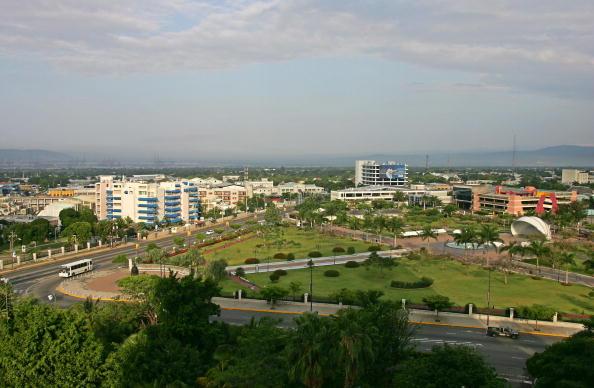Jamaica’s open arms to Chinese investment in recent years has led many island residents to fret about possible adverse effects on the local economy.
Allan Hope, the Jamaican poet, musician, actor, and talk-show host better known as Mutabaruka, recently voiced his concern during his “Cutting Edge” radio talk show that Chinese road projects in Jamaica will put his country on a path toward debt default, according to a Sept. 25 article by Caribbean news site Loop.




